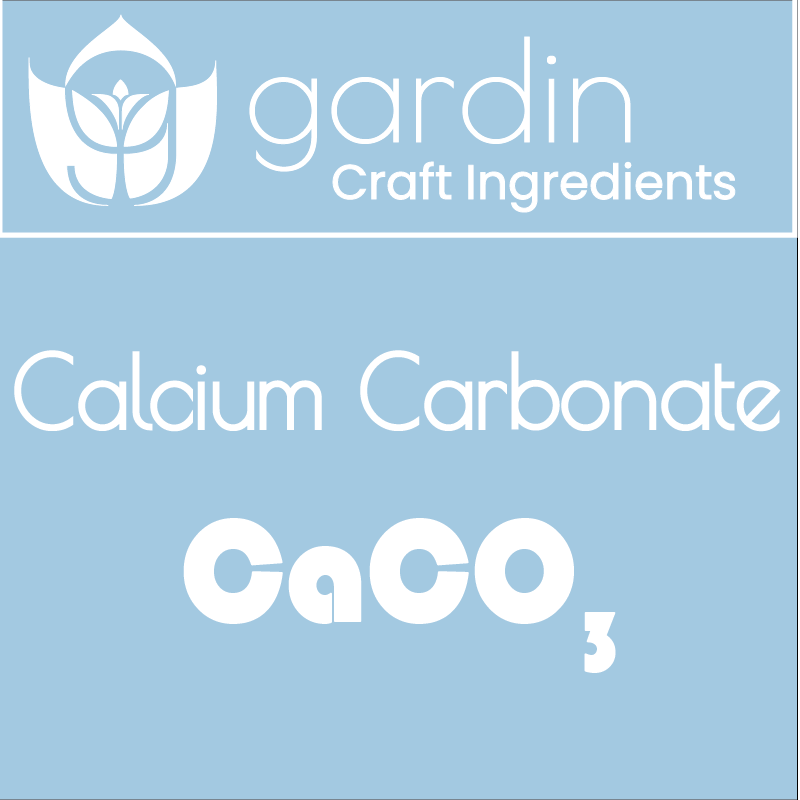Calcium carbonate, commonly known as agricultural lime or calcite, is a naturally occurring compound that contains calcium and carbonate ions. Calcium carbonate helps plants grow by providing essential calcium, adjusting soil pH, improving soil structure, and promoting nutrient availability. It's an important tool for managing soil acidity and enhancing overall plant health. It's often used as a soil amendment to improve soil structure and provide essential calcium to plants. Attributes include:
-
pH Adjustment: One of the primary benefits of calcium carbonate is its ability to raise soil pH. It acts as a natural buffer, reducing soil acidity (lowering the concentration of hydrogen ions) and making the soil more alkaline. This can be particularly useful in soils that are too acidic for optimal plant growth. Many plants thrive in slightly acidic to neutral pH ranges, and adjusting pH can improve nutrient availability and overall plant health.
-
Calcium Supply: Calcium is a vital nutrient for plant growth. It plays a crucial role in cell wall structure, cell division, and cell elongation. Adequate calcium levels contribute to strong cell walls, which in turn leads to healthier and more robust plants. Calcium is also involved in various enzyme reactions and nutrient uptake processes.
-
Nutrient Uptake: Calcium is known as a "secondary" nutrient, meaning that plants require it in relatively large amounts compared to micronutrients. It helps in the uptake and transport of other nutrients within the plant. When calcium is deficient, it can lead to various nutrient imbalances and deficiencies in plants.
-
Reducing Aluminum Toxicity: In acidic soils, aluminum toxicity can become an issue. Calcium carbonate can help mitigate this problem by raising the pH and reducing the solubility of aluminum, making it less toxic to plants.
-
Soil Structure and Aeration: Calcium carbonate improves soil structure by enhancing aggregation, which leads to better water infiltration, water-holding capacity, and aeration. Improved soil structure encourages root growth and allows plants to access water and nutrients more effectively.
-
Microbial Activity: Calcium carbonate can promote beneficial microbial activity in the soil. Microorganisms play a crucial role in breaking down organic matter and releasing nutrients in forms that plants can absorb.
When using calcium carbonate:
-
Soil Testing: Before applying calcium carbonate, it's a good idea to conduct a soil test to determine your soil's pH and nutrient levels. This will help you determine the appropriate amount of calcium carbonate to use.
-
Application Rates: Follow recommended application rates based on your soil test results and the specific plants you're growing.
-
Calcium/Magnesium Ratio: Keep in mind that excessive use of calcium carbonate can alter the calcium/magnesium ratio in the soil. This can affect nutrient availability and should be monitored.


